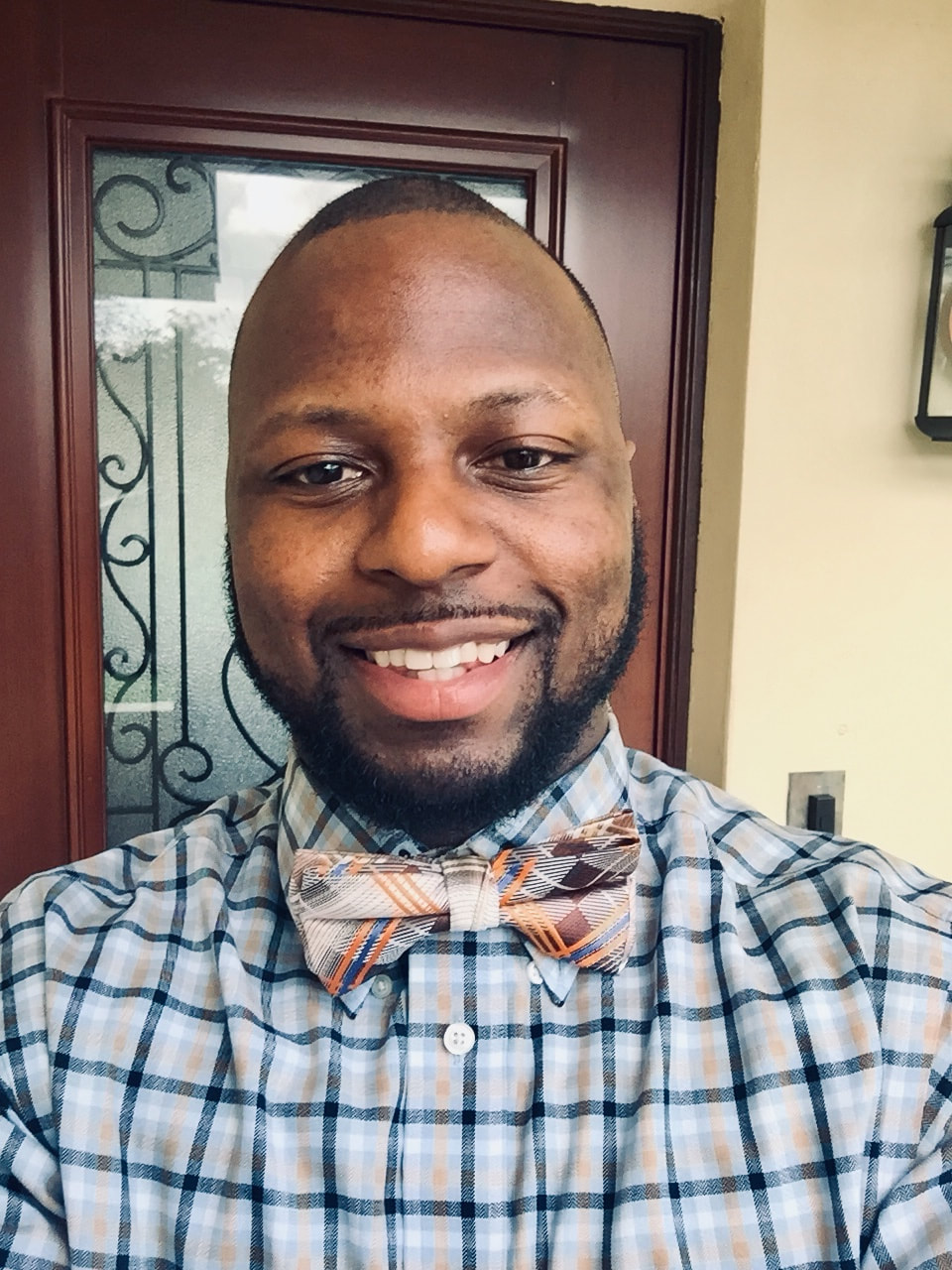|
Your Favorite PT: Using History to Understand His Story
It’s okay to NOT be okay. In all honesty, recent events have been heavy. As a clinician, I’ve struggled with maintaining my composure as the world around me seemingly crumbled. There are feelings of anger and hurt from a multitude of situations that were blatantly unjust. A healthcare worker like myself sleeping at home and brutally murdered? An innocent man with a knee to his neck killed over $20? Watching helplessly, I witnessed a horrific 9-minute video that left me numb. As uncomfortable as it makes me by saying it, I am all too familiar with these type of wrongdoings against people that look like me. However, this time was different. The entire world was watching. I drew a line in the sand. After hearing responses to the deaths of Breonna Taylor and George Floyd from my peers and different media platforms, I realized I needed to know where the people in my life stood. In my eyes, you either viewed these killings as being right or wrong. Any attempt at justifying these deaths, in my eyes, was unacceptable. After finding myself in hour long discussions and debates about racial injustices, I was forced to face a reality I had often rationalized in my own way. I was faced with numbers and statistics that outlined a culture of systemic racism that was much bigger than the murders of Breonna Taylor and George Floyd. I somehow ended up giving testimonies of a lifetime while explaining my personal experiences that were very unsettling to hear out loud. Silence ensures that history repeats itself I knew what I experienced was not right. Those in my community have always spoken up about these issues. Our protests of being ill-treated were continuously met with rebuttals as many of our white counterparts failed to acknowledge relevant parts of black history that were not taught by the education system. I was met with statements like “slavery has been long gone”. “Schools are no longer segregated” and “my parents came here from another country with nothing but the clothes on their back and they became successful, why can’t you?” There are plenty of remarkable stories of families coming to the U.S. to fulfill what they considered the ‘’American Dream.’’ This dream was rudely interrupted for African Americans in so many ways. Even something as grandiose as the US economy, was built off the enslavement of Africans. We had to persuade the country that a proudly boasted confederate flag is a reminder of how the South's slaveowners valued their wealth over my ancestors’ freedom. After a little Windex, the window is a little clearer now It wasn’t clear why I never questioned the other side of the story when learning about this country’s history and how it pertained to me as an individual. In retrospect, I am more “woke” to the discrepancies of what was taught in grade school. I ask now, what happened to the people who were outwardly against de-segregating schools? What happened to the bankers who refused offer home loans to blacks? What happened to the whites that felt an African American could not drink from the same water fountain as them? What about the nearly 5000 people lynched between 1882-1968 as a way to oppress black people after they were freed from slavery? People that were on the wrong side of history didn’t magically disappear just because we had anti-discrimination laws passed 55 years ago. If you were born then, you haven’t even reached retirement yet. I ask my peers. What side of line were your parents on? If you don’t know, find out. We’re here. Now what? I am angry. I am hurt. I am disgusted. However, I am so proud of the support I have received and seen abroad. I have had friends reach out to me to openly express their stance on racial injustice and to let me know they are here for me. I have had my work organization as a whole take a stand and construct actionable steps to tackle a concern of systemic racism. I have had coworkers organize and create department wide conversations that not only aim at identifying problems but, brainstorm how we can do our part to address this matter. For the first time in my life, I feel my struggles as a person of color are being recognized as a topic that is important to both individuals inside and outside of my community. Countless people are refusing to let this be a fad or allow the amount of news coverage guide their efforts. His Story I became a healthcare practitioner to help my family in times of need, such as assisting my mother after surgery or advocating for my uncle after he sustained a stroke. Over the years, there have been efforts to address racial and ethnic disparities in healthcare. Did you know that black people between the ages of 45 and 54 die of strokes at a rate that's three times greater than their white counterparts? Did you know black women and white women get breast cancer at about the same rate, but black women die from breast cancer at a rate 40% higher than white women? My call to action for you is to educate yourself and advocate for those in need who are at risk of falling victim to systemic racism.
16 Comments
|
Author: YFF
Your Favorite PT Fellow AuthorMeet Chris, the creator and sole author of the Your Favorite PT blog Categories
All
Archives
March 2021
|
